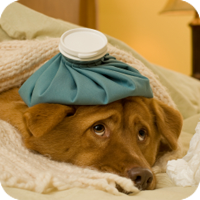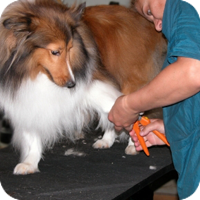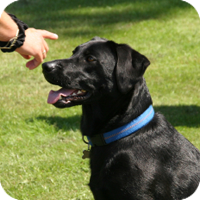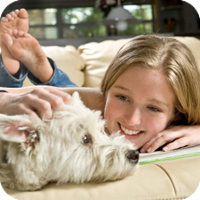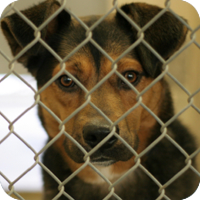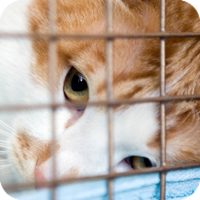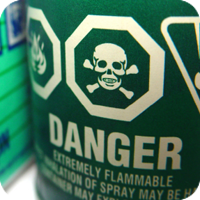
Never leave dangerous objects like pins, needles, or fish hooks within reach. Keep poisonous products and materials far from your pet's reach as you would with a child.
Of course, before an emergency ever arises, it’s a good idea to learn all you can about first aid techniques and pet health care. Never leave dangerous objects like pins, needles, or fish hooks within reach. Keep poisonous products and materials far from your pet’s reach as you would with a child. Be well aware of your pet’s normal behavior, so you can recognize what’s not normal. Remember that the objective is to relieve suffering . . . perhaps even to save a life. Emergency first aid is most effective when rendered quickly, but calmly.
